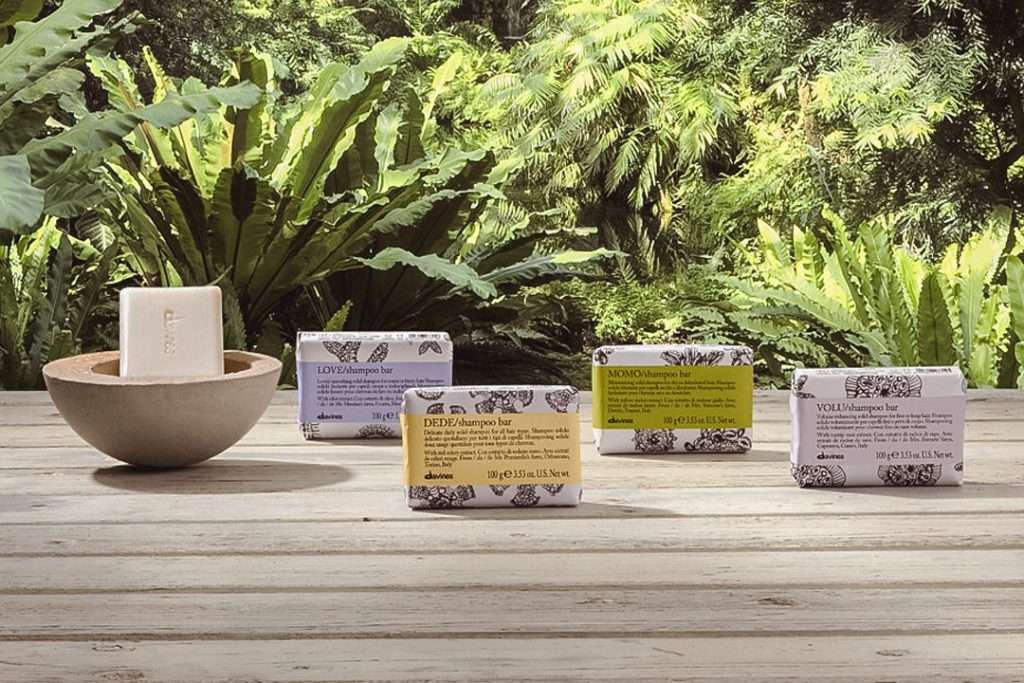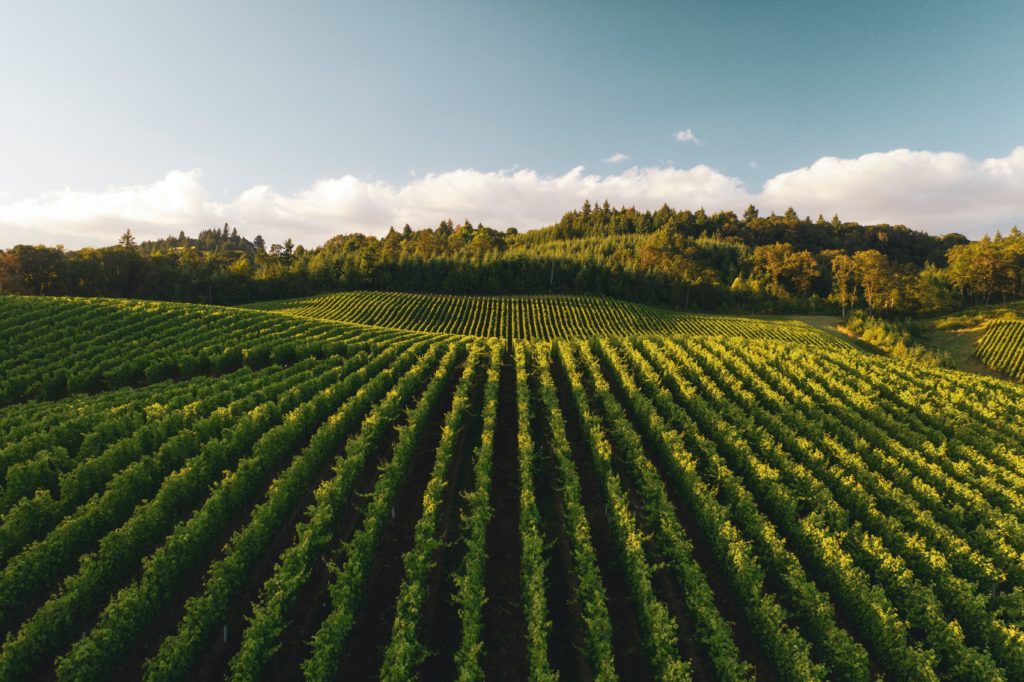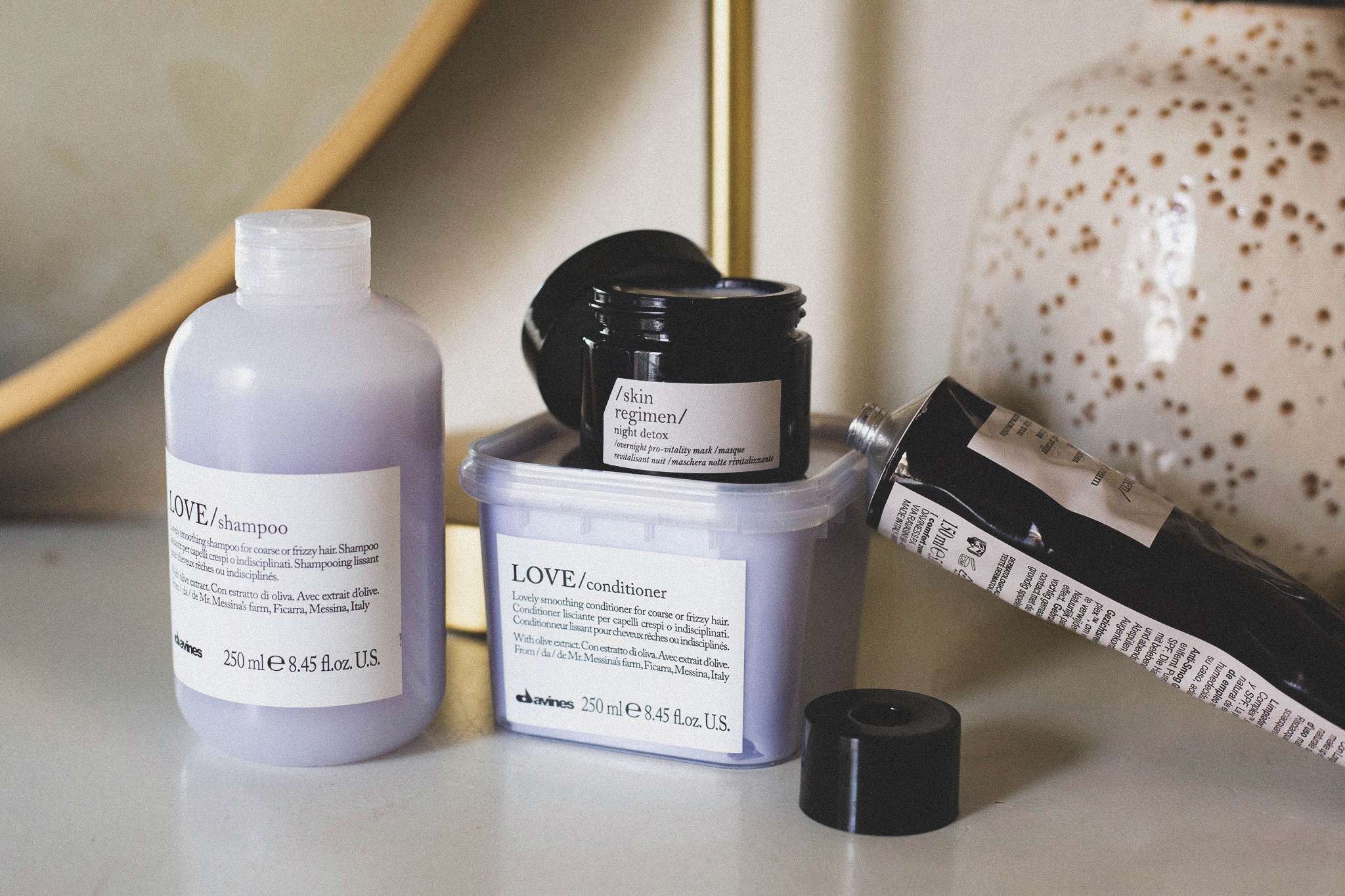Is your favorite beauty care organic? Or grown with regenerative farming practices? For multinational beauty brand Davines, that’s the future of beauty.
Davines is partnering with the organic-focused research organization, the Rodale Institute, on an ambitious project to bring cleaner ingredients to the beauty industry.
Davines started in 1983 as a research laboratory specializing in haircare and skincare products for cosmetic companies. It’s now aiming to turn a new regenerative farming center into a research and training hub for farmers within its supply chain and working with other beauty brands.
The new Davines Group – Rodale Institute European Regenerative Organic Center will span 10 hectares in Parma, Italy, where the company is headquartered, with the goal of helping more farmers to grow ingredients using regenerative agricultural farming techniques. These practices mainly include efforts to restore soil health, avoiding agrochemical fertilizers, pesticides, and herbicides and crop rotation. It can also include higher standards for workers’ rights and animal welfare.

Sustainable Body Care
Sustainability is not a predominant conversation in beauty care yet. It’s a frequent topic in food and fashion, and even transportation and travel, but beauty is complicated, from the ingredients sourced to the finished products often packaged in plastic.
“You don’t often think about maybe a bottle of shampoo and where those ingredients came from, and what’s the impact of that production process on my personal health and the health of the planet or the farmworkers,” chief executive Jeff Moyer told Vogue Business. “Expanding this idea [of regenerative agriculture] to go beyond just food and fibre to include the beauty industry is a great opportunity for all of us.”
A number of brands in the space have begun looking at the impact of their products, though. Last year, L’Oreal and Estee Lauder both announced sustainability commitments. The Body Shop, already known for its commitment to cruelty-free products, announced it was moving to all vegan ingredients to make its brand more sustainable. Earlier this month, Kylie Jenner’s makeup brand announced it was shifting to all vegan formulas as well.
But regenerative agriculture is more than just the absence of animal products or synthetics linked to climate change. It’s a proactive step in carbon sequestration and soil management that happens at the beginning of the production cycle, a shift Davines says is long overdue in the industry.
“We need to improve our capacity to measure the proper KPIs in organic regenerative agriculture,” says Davide Bollati, Davines Group owner and chair, and founder of the Regenerative Society Foundation. According to Bollati, “It’s about creating a new system of ranking, classifying, the hundreds of ingredients used in the beauty industry [and adding] another category, another family of ingredients that have more regenerative properties.”

Regenerative Agriculture
The Rodale Institute was instrumental in the development of Regenerative Organic Certification in 2017. The Davines center is its first major step in the beauty care sector. ith its roster of researchers and farmers.
The partners have their work cut out for them: supplies of beauty ingredients that are organic, let alone grown regeneratively, are extremely limited. “We want to increase that exponentially,” Bollati says.
While the center begins breaking ground this autumn, researchers for Davines and Rodale are already looking at ways to increase consumer interest and tackle performance issues.
“Before, if a shampoo didn’t lather with big bubbles, something was wrong,” says Bollatti, but he says, opinions and expectations are changing.
“The right balance between performance and sustainability is extremely difficult, so what we’re looking for is to raise the bar on performance and sustainability,” he says. “There’s big work that needs to be done.”
Read more: Is Organic Food a Basic Human Right? Why This Scientist Thinks It Should Be.


